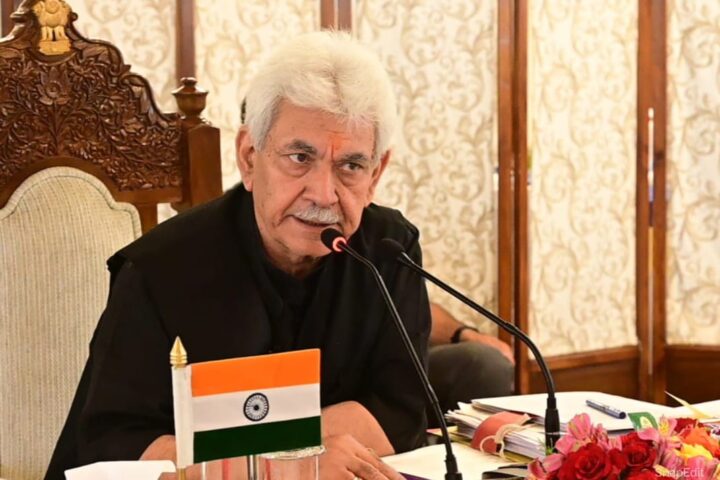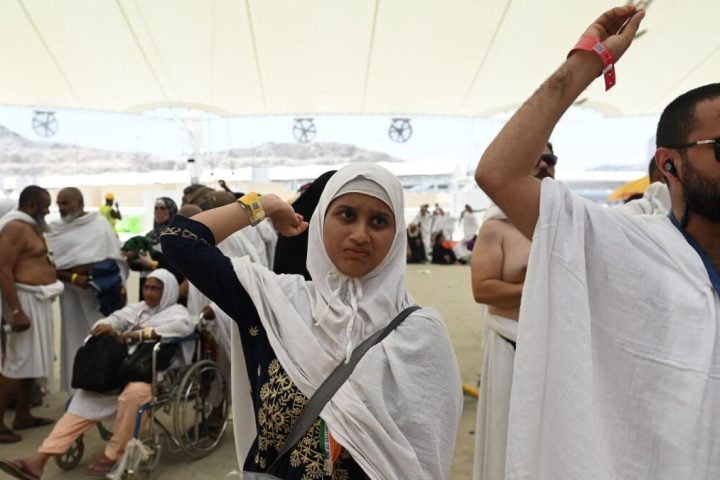Colombo: Sri Lankan President Ranil Wickremesinghe on Thursday recalled the assistance received from India and Bangladesh during the early days of the worst economic crisis and said the island nation would not have been able to recover from the turmoil had these countries not helped.
Expressing gratitude to the government and Reserve Bank of India, as well as the government and Central Bank of Bangladesh, for their financial support, which he described as lifesaving, the president in his keynote address at the inaugural session of the 45th “SAARCFINANCE” Governors’ Meeting and Symposium here said the assistance, along with aid from the United States Agency For International Development (USAID) and the World Bank, was pivotal in stabilising the country’s economy.
“I must thank the government and the Reserve Bank of India and the government and the Central Bank of Bangladesh. That USD three and a half billion and that USD 200 million were lifesavers. Without that, we wouldn’t be here today; there would have been chaos,” Wickremesinghe, also the country’s finance minister, said.
“The work we have been doing in the last two years when many people didn’t expect Sri Lanka to come out of this crisis so quickly, has been remarkable. I was confident, and I am fortunate to have had a team that shared this confidence,” he said.
Outlining Sri Lanka’s economic transformation process, Wickremesinghe said several targets had been set — the GDP growth to reach 5 per cent annually by 2027 and above 5 per cent thereafter.
Unemployment should be below 5 per cent of the labour force by 2025. Female labour force participation should reach not less than 40 per cent by 2030 and not less than 50 per cent by 2040, he said.
The current account deficit of the balance of payments shall not exceed 1 per cent of GDP annually. Exports of goods and services as a percentage of GDP should reach not less than 25 per cent by 2025, not less than 40 per cent by 2030, and 60 per cent by 2040. Net foreign direct investment as a percentage of GDP should reach not less than 5 per cent by 2030 and not less than 40 per cent after 2030, he emphasised.
The Economic Transformation Bill, which is likely to be approved soon, would target to achieve these ambitious goals within the framework of the Constitution, the president said.















